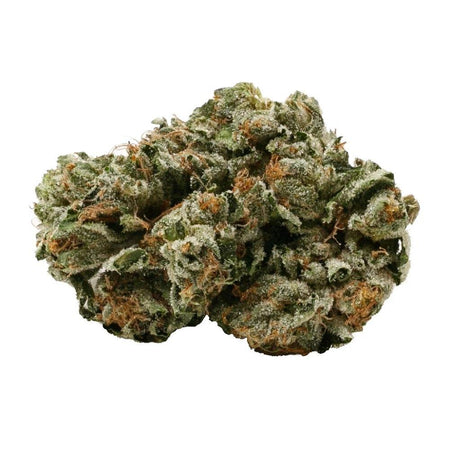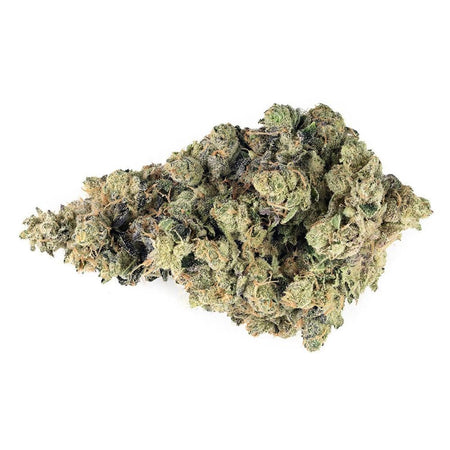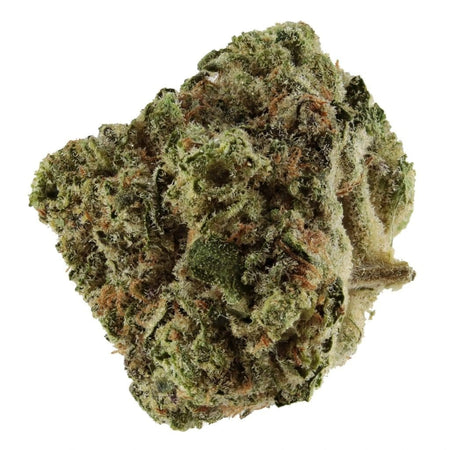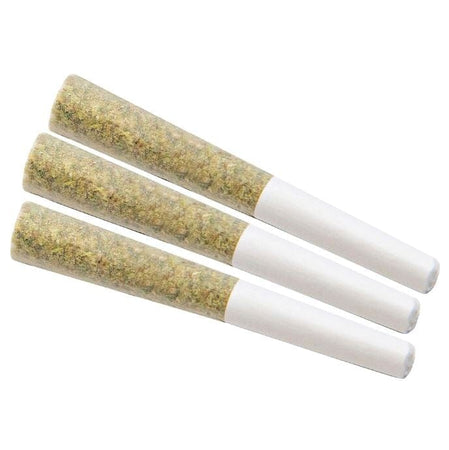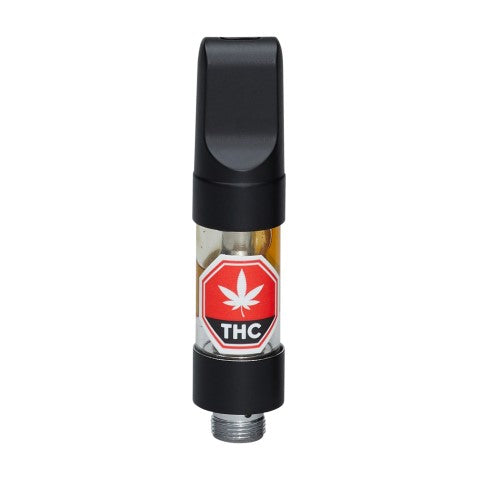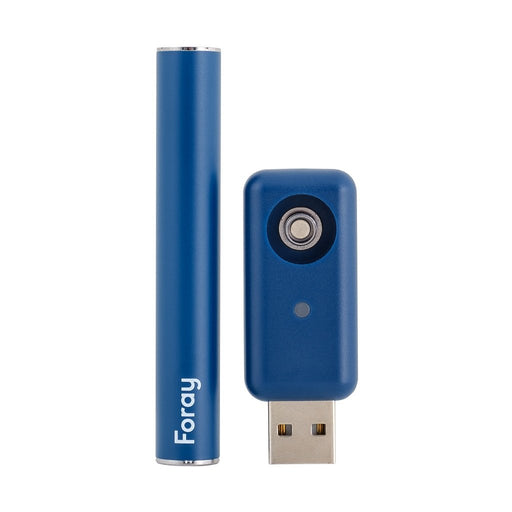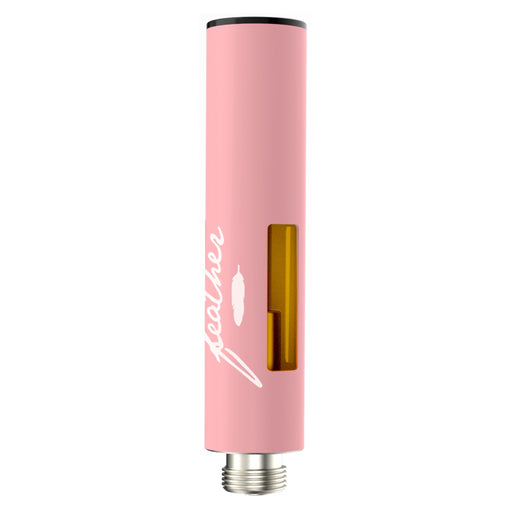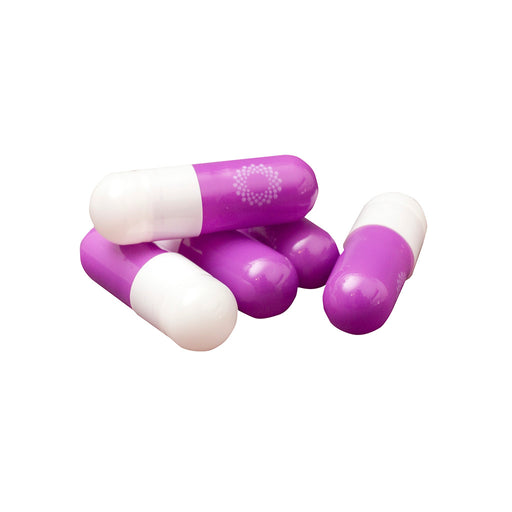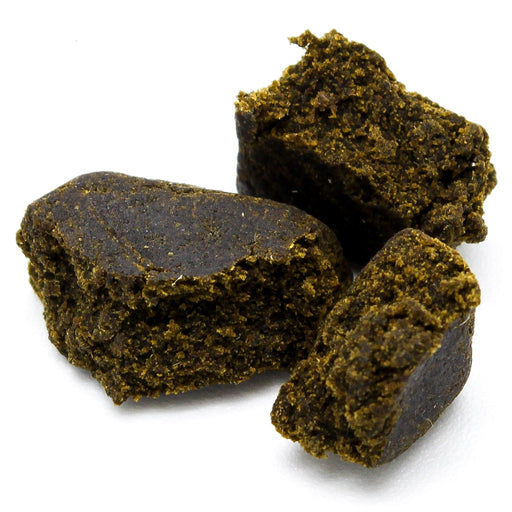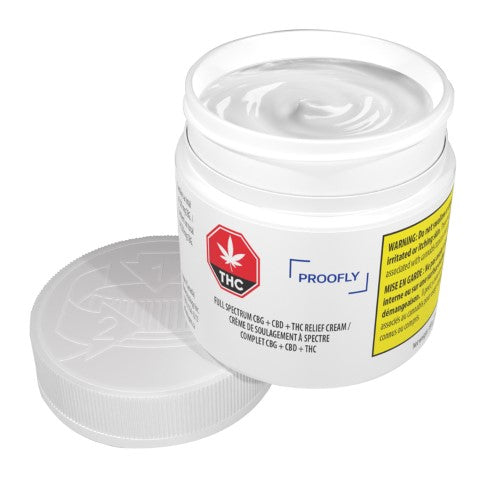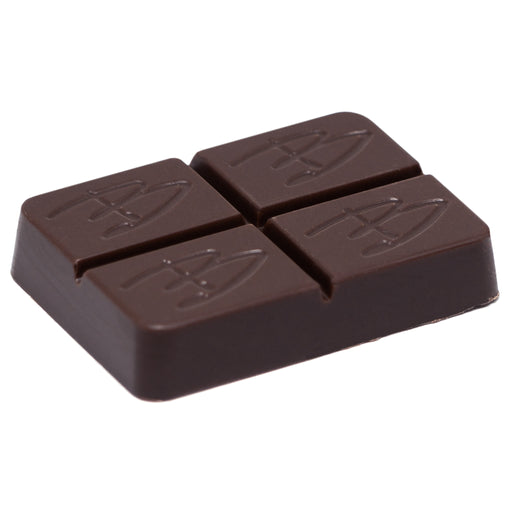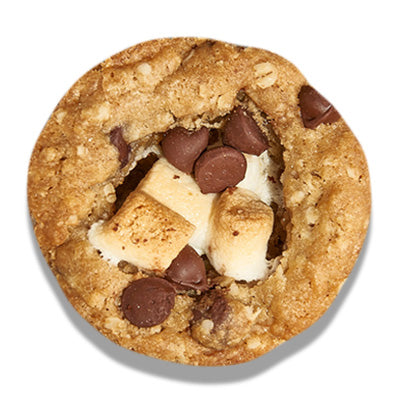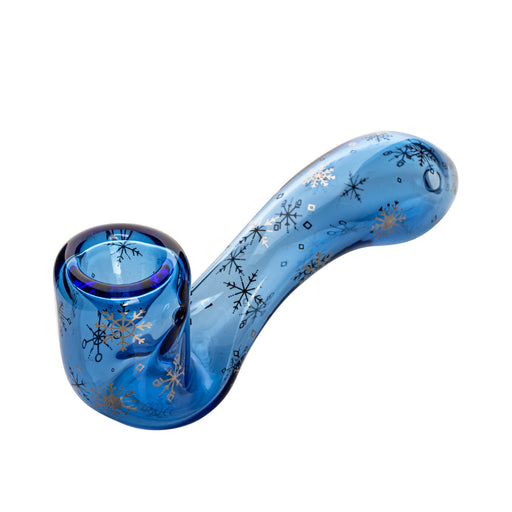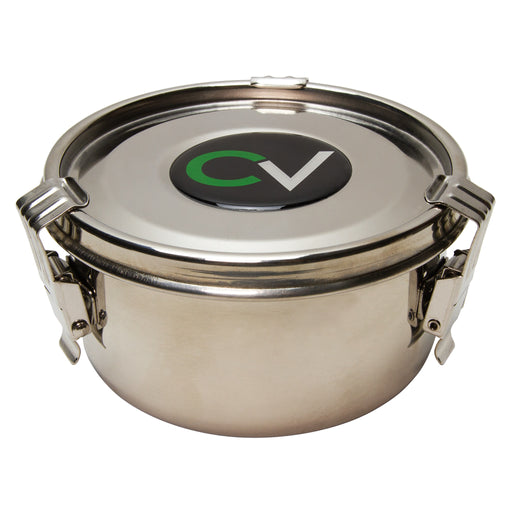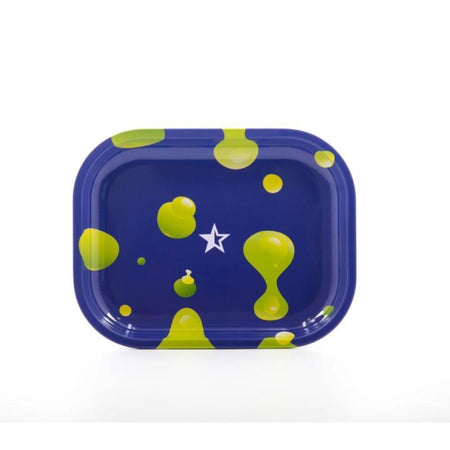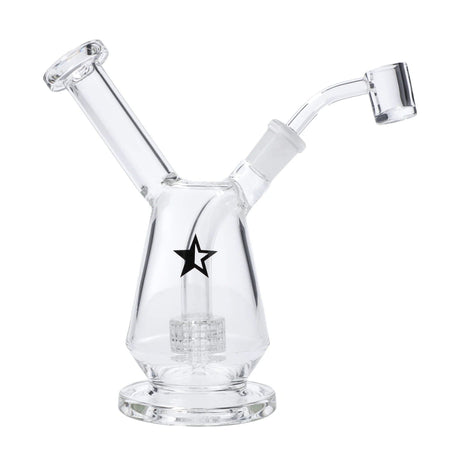Introduction to Edibles: What Are They and How Do They Work?
Edibles are food products that have been infused with cannabinoids, which are active compounds found in cannabis, such as THC (tetrahydrocannabinol) and CBD (cannabidiol). These consumable products have gained significant popularity due to their ease of use, discreetness, and the variety of flavors and forms they come in. The history of edibles can be traced back to ancient civilizations, where cannabis was incorporated into food and drink for medicinal and ritualistic purposes. Today, edibles come in various forms including gummies, chocolates, baked goods, and beverages, catering to a wide range of preferences.
The process of making edibles involves infusing food products with cannabis extracts. This can be achieved through different methods such as using cannabis butter, oil, or tinctures during the cooking process. For instance, to make cannabis-infused gummies, a precise amount of cannabis extract is mixed into the gummy mixture before it sets. Similarly, chocolates and beverages are infused with THC or CBD to create a consistent and enjoyable experience.
One of the primary distinctions between edibles and other methods of cannabis consumption, like smoking or vaping, is the way they are absorbed and metabolized in the body. When cannabis is inhaled, cannabinoids enter the bloodstream rapidly through the lungs, leading to almost immediate effects. In contrast, edibles are ingested and must pass through the digestive system before the cannabinoids are absorbed into the bloodstream. This process involves the liver, which metabolizes THC into 11-hydroxy-THC, a compound known for its potent and long-lasting effects.
The onset time for edibles can vary, typically ranging from 30 minutes to 2 hours, depending on factors such as the individual’s metabolism and whether they have eaten other food. The effects of edibles also tend to last longer, often between 4 to 8 hours, which can be advantageous or challenging depending on the desired experience. Furthermore, the interaction of THC and CBD in edibles can differ from that of inhaled methods. While THC is known for its psychoactive effects, CBD is non-psychoactive and can modulate the effects of THC, potentially offering a more balanced experience.
Benefits and Considerations When Using Edibles
Edibles offer numerous advantages, making them a popular choice among consumers. One notable benefit is discretion. Unlike smoking or vaping, consuming edibles is less conspicuous, allowing users to enjoy the effects without drawing attention. This can be particularly beneficial in environments where smoking is not permitted or in social settings where discretion is preferred.
Another significant advantage is ease of use. Edibles come in various forms, from gummies and chocolates to beverages and baked goods, making them simple to incorporate into one’s routine. Additionally, edibles provide longer-lasting effects compared to other methods of consumption. While the onset of effects may take longer, typically ranging from 30 minutes to two hours, the duration can extend to several hours, offering prolonged relief or enjoyment.
Precise dosing is another key benefit of edibles. Many products are labeled with specific dosages, allowing for accurate and consistent consumption. This is particularly important for medical users who require precise dosing to manage symptoms effectively.
However, there are several considerations and precautions to keep in mind when using edibles. Individual reactions can vary significantly due to factors such as metabolism, body weight, and tolerance levels. It’s crucial to start with a low dose, especially for beginners, and gradually increase the amount to avoid adverse effects. The delayed onset of edibles can lead to overconsumption if users do not wait sufficiently before taking an additional dose, which can result in uncomfortable experiences.
Legal aspects also play a critical role in the consumption of edibles. It’s important to be aware of local regulations and ensure that any products purchased comply with legal standards. Safety tips include keeping edibles out of reach of children and pets and storing them in clearly labeled containers to prevent accidental consumption.
Finally, purchasing edibles from reputable sources is essential to ensure quality and consistency. Reputable manufacturers adhere to stringent quality control measures, providing consumers with products that are safe and reliable. By considering these benefits and precautions, users can make informed decisions and enjoy the advantages that edibles have to offer.
